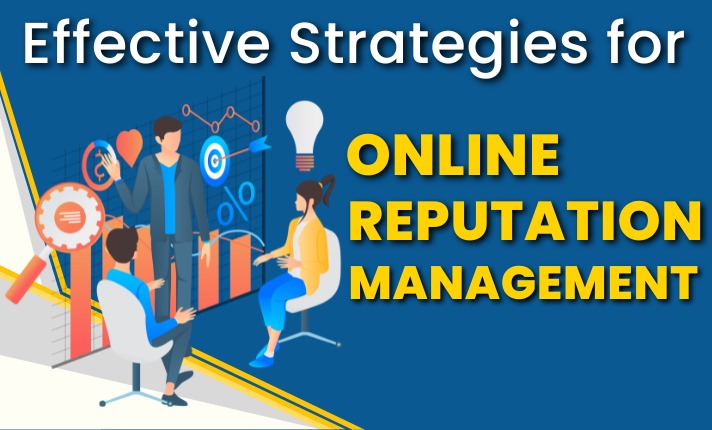
Introduction
In today’s digital age, managing your online reputation is crucial for the success of your brand. A positive online presence can attract customers and build trust, while a negative one can have the opposite effect. This article delves into effective strategies for online reputation management to help you maintain and enhance your brand’s image.
Understanding Online Reputation Management
What is Online Reputation Management?
Online Reputation Management (ORM) involves monitoring, influencing, and managing your brand’s reputation across digital platforms. It includes responding to reviews, managing social media interactions, and ensuring that positive content about your brand outweighs the negative.
Why is Online Reputation Management Important?
A strong online reputation can:
- Build customer trust
- Enhance brand credibility
- Attract more customers
- Improve search engine rankings
On the other hand, a poor online reputation can lead to loss of customers and damage to your brand’s credibility.
Key Strategies for Online Reputation Management
1. Monitor Your Online Presence
Use tools like Google Alerts, Social Mention, and Brandwatch to monitor mentions of your brand online. Regularly check social media platforms, review sites, and forums to stay updated on what people are saying about your brand.
2. Respond to Reviews
Positive Reviews
Thank customers for positive reviews and encourage them to share their experiences. This shows that you value their feedback and appreciate their support.
Negative Reviews
Address negative reviews promptly and professionally. Apologize for any inconvenience and offer solutions to resolve the issues. This demonstrates your commitment to customer satisfaction and can turn unhappy customers into loyal ones.
3. Create High-Quality Content
Publishing high-quality, relevant content can help you control the narrative around your brand. Blog posts, articles, and social media updates should provide value to your audience and highlight your brand’s strengths.
4. Engage on Social Media
Active engagement on social media platforms allows you to connect with your audience and build a positive image. Respond to comments, participate in discussions, and share content that resonates with your followers.
5. Leverage Influencer Partnerships
Collaborate with influencers who align with your brand values. Influencers can help promote your brand to a wider audience and improve your online reputation through their endorsements.
6. Implement SEO Best Practices
Optimize your website and content for search engines to ensure that positive information about your brand ranks higher in search results. Use medium- and low-competition keywords relevant to your industry to attract more traffic and improve your online presence.
7. Address False Information
If you encounter false or misleading information about your brand, take steps to correct it. Contact the website or platform where the misinformation appears and provide evidence to support your claim.
Conclusion
Effective online reputation management requires a proactive approach and continuous effort. By monitoring your online presence, engaging with your audience, and creating high-quality content, you can maintain a positive image and build a strong reputation for your brand. Implement these strategies to enhance your online reputation and achieve long-term success.
If you want to explore how Digital Vibes can help elevate your social media marketing strategy and achieve your business goals, please scroll down and click on our service button to discover our range of services. We are confident you’ll see great results with our service.
Share this post :
Our Service
Get Our Social Media Marketing Service







